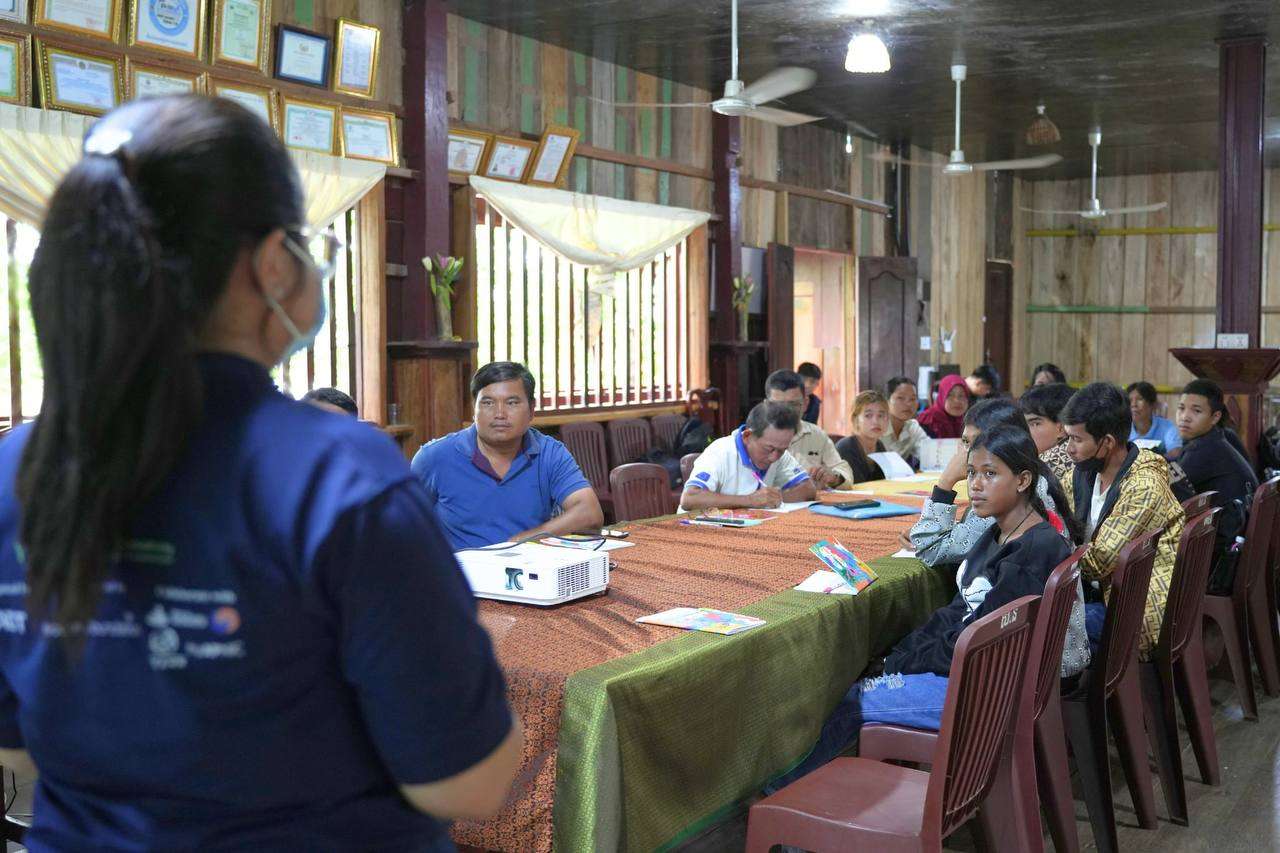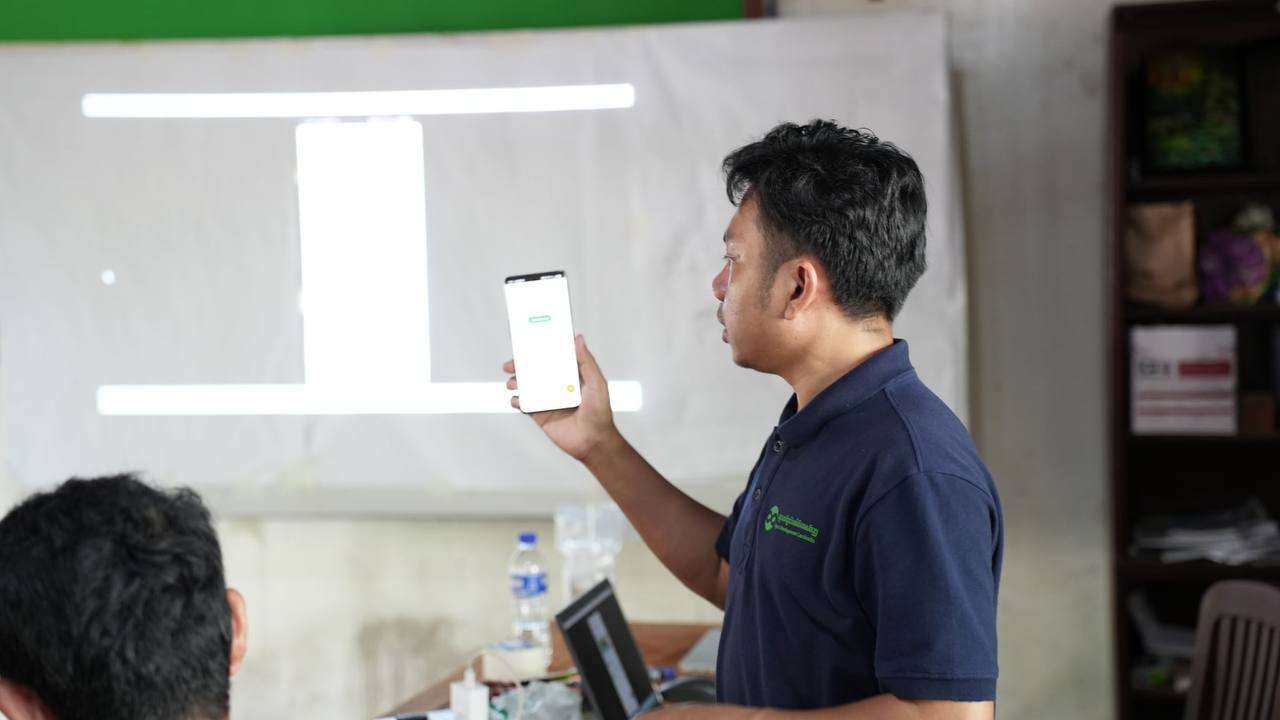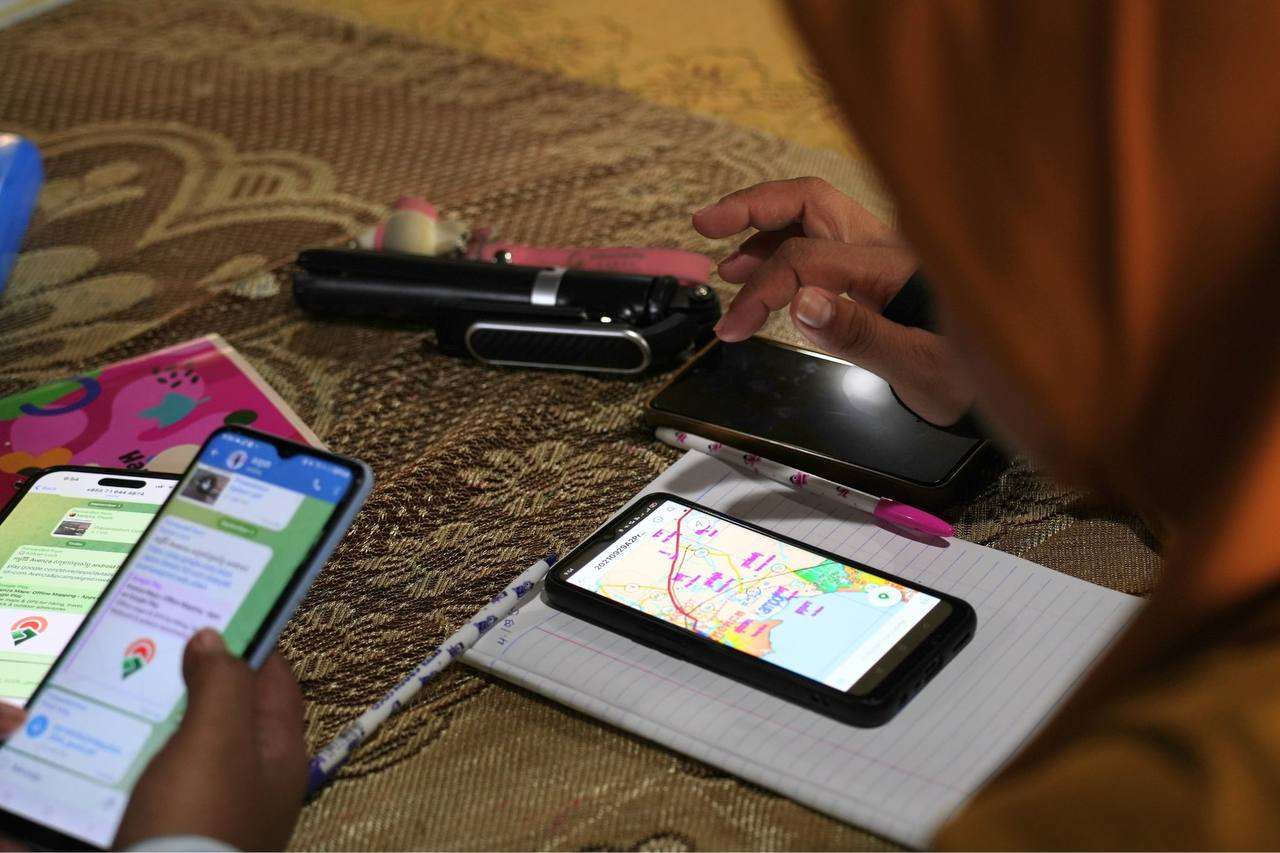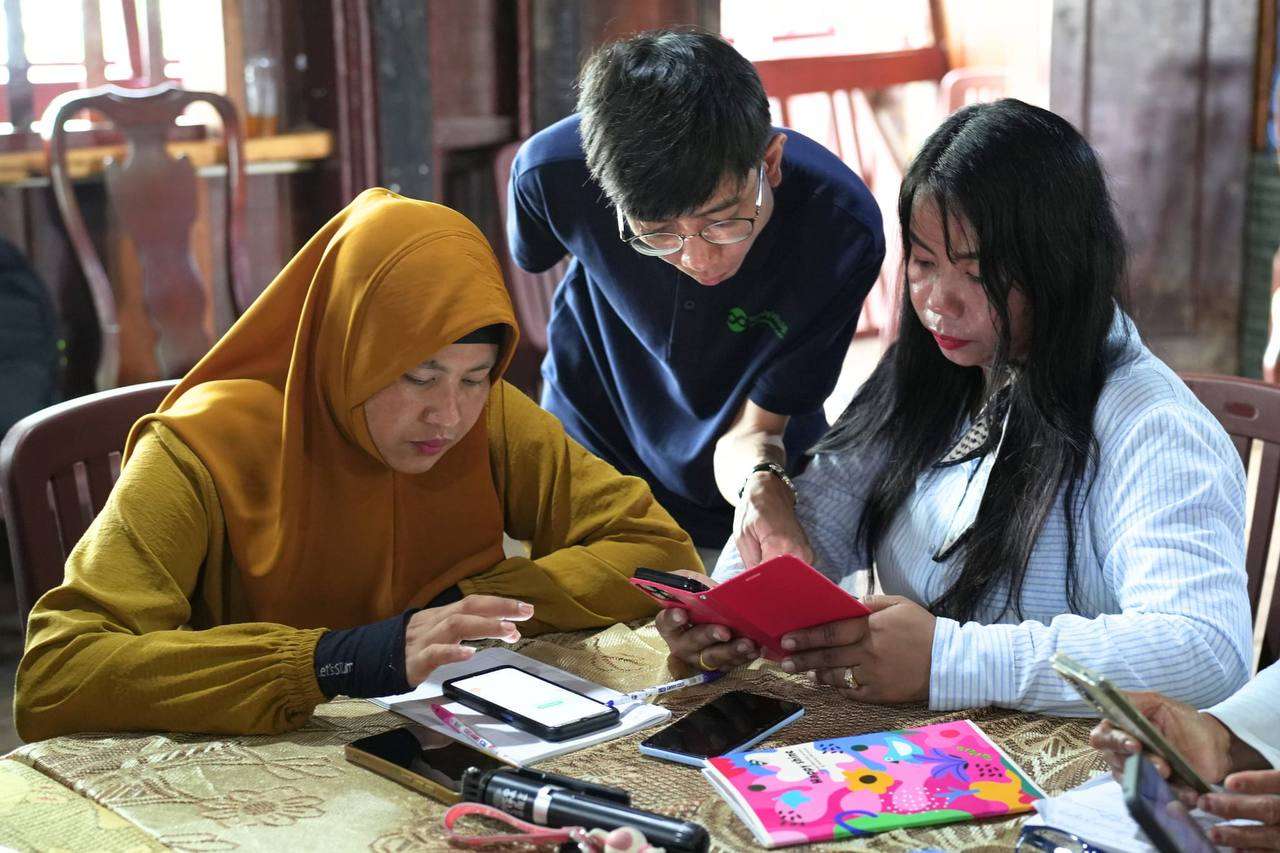Strengthening community fisheries through data literacy
On September 3rd and 4th, 2025, Open Development Cambodia (ODC) conducted a two-day training on data literacy for community fisheries members in Kampot province. The training brought together 20 participants, including 10 women from community fisheries groups in Kampot and Kep. The main goal was to strengthen participants’ ability to understand and use data related to their communities and to introduce them to digital tools that support community protection and development efforts.

The training was divided into three key parts: Basic Data Literacy, Interacting with data on the ODC platform, and Map Data Management using Avenza Maps. In the first session, participants explored the importance of data collected through everyday community activities. Through simple discussions and relatable examples, they learned how this information could be used to improve business planning, manage natural resources, and safeguard their local environment. When trainers explained how data connects to things like fish catches, community patrols, or illegal activities, the participants quickly related to the content and shared their own experiences.

The second session introduced participants to the ODC website and guided them on how to find, access, and interact with data relevant to fisheries and local development. Many were already familiar with chart-based visuals, which helped them understand how to read and interpret graphs and data tables. Although some initially found map-based data more difficult to understand, the local context helped them engage with the topic meaningfully.
In the final session, participants learned how to use Avenza Maps, a mobile app for creating and managing map data offline. They practiced adding map points, tracking patrol routes, attaching photos, and exporting files to use later. While the technology was new to many and language remained a minor barrier, participants showed great interest, especially when they realized how the app could support their daily efforts to patrol and protect their communities. Many expressed excitement about using digital tools to document their work and communicate more effectively with local authorities and partners.

Throughout the training, participants actively shared ideas, asked questions, and connected the lessons with their real-life experiences. Observations showed that once data was explained in ways that tied directly to their communities, they clearly saw its value. This training marks another step in ODC’s ongoing mission to promote open data, digital skills, and community empowerment.

By the end of the two days, participants left with greater confidence in their ability to use data and digital mapping tools to support their work in protecting natural resources and advancing community development. ODC looks forward to continuing this work and expanding training opportunities to more communities in the SCAEG project.

